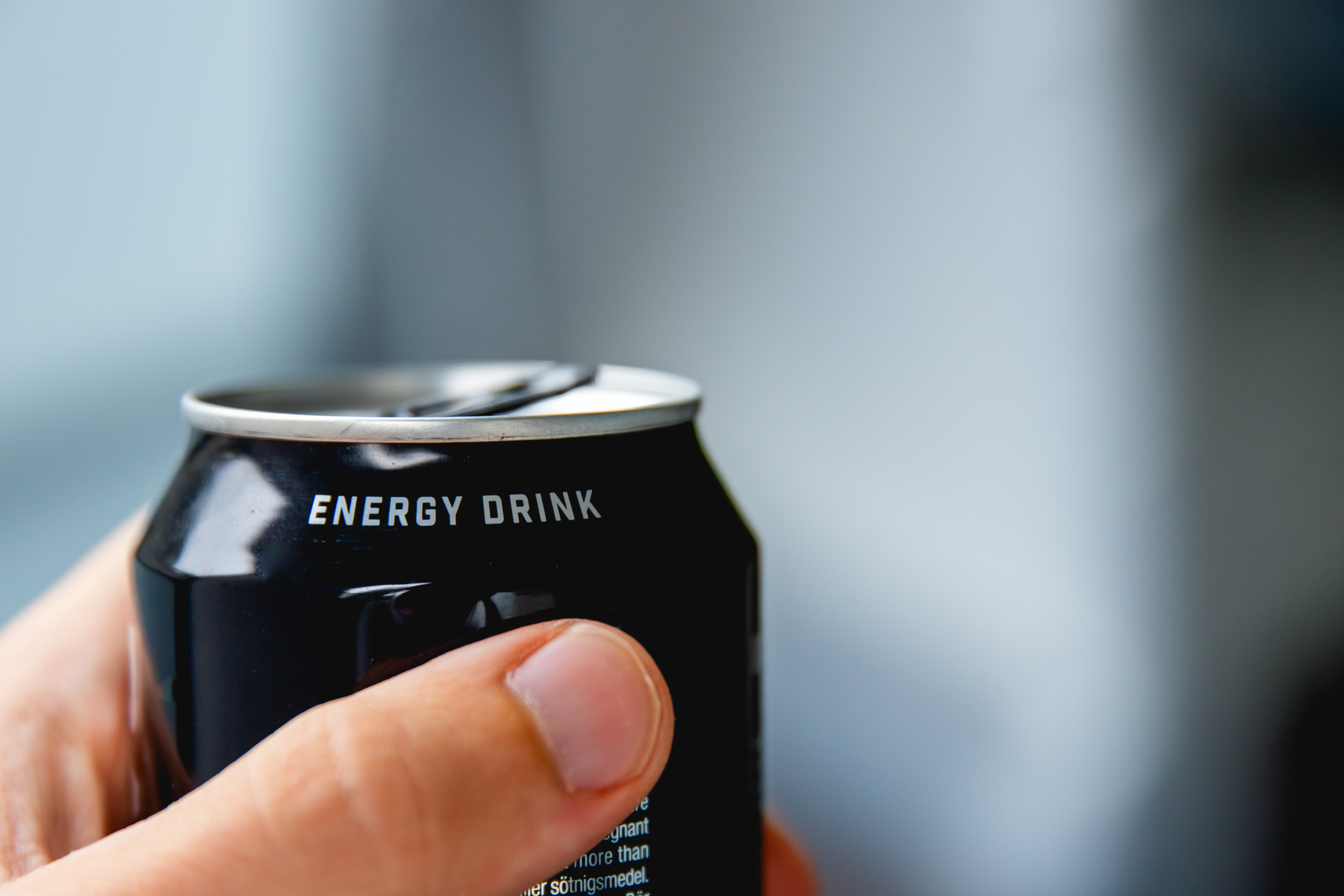The food in your pantry may not be as safe as you think.
A new study published Thursday in the American Journal of Public Health uncovered potential loopholes in the U.S. Food and Drug Administration’s (FDA) regulatory framework that could allow potentially harmful substances to enter the American food supply without the necessary oversight.
Researchers claim that the regulator’s approach creates a “loophole” for food companies, allowing them to determine the generally recognized as safe (GRAS) status of certain substances without being held accountable.
There is a key difference between food additives, which require FDA approval, and GRAS substances, which do not.
These include potentially harmful chemicals such as potassium bromate, which has been linked to cancer and is banned in several countries but is still used legally in the United States.
Potassium bromate is banned in Europe, Canada, China and Japan.
California recently passed a law banning the use of these and three other chemicals, and similar bills have been introduced in Illinois, New York and Pennsylvania.
“Neither the FDA nor the public are aware of how many of these ingredients – most commonly found in ultra-processed foods – are present in our food supply,” Jennifer Pomeranz, lead author of the study and an associate professor of public health policy and management at New York University, said in a statement.

Getty Images
Since 1958, the FDA has been tasked with reviewing the safety of new chemicals and substances added to food.
While the FDA plays a critical role in food recalls, nutrition labeling, and responding to foodborne illness outbreaks, its safeguarding of chemical use is problematic. Originally, GRAS status was intended for ingredients commonly found in foods, such as vinegar and spices.
Since 1997, however, the FDA has allowed the food industry to determine for itself which substances can be considered GRAS, even for new and unknown compounds.
Companies are not required to notify the FDA or disclose safety data on these substances, resulting in thousands of new ingredients entering the market without government oversight.
The consequences of this self-regulation are far-reaching.
The study makes clear that neither the FDA nor the public knows the full extent of GRAS ingredients in the nation’s food supply, many of which are commonly found in highly processed foods.
Hundreds, if not thousands, of substances in commercially manufactured ingredients may not have been independently tested for safety.
The court case 2021 Center for Food Safety v. Becerra affirmed FDA’s GRAS rule, reaffirming the agency’s authority to allow industry to self-regulate.
“Notably, the court did not find that FDA’s actions with respect to GRAS ingredients supported the safety of our food supply,” Pomeranz said. “The court simply ruled that FDA’s actions were not unlawful.”

Getty Images
In 2010, the US Government Accountability Office (GAO) recommended that the regulator strengthen its oversight of GRAS substances, in particular by requiring companies to provide basic information about these substances and minimising conflicts of interest in their decisions.
Although these recommendations are promising, they were not fully implemented in FDA’s final GRAS rule.
The authors of the study make several policy recommendations: Companies should be required to inform the FDA of GRAS determinations, disclose their safety data before adding substances to foods, and Congress should increase funding to give the FDA greater influence.
The researchers say a thorough review process for both GRAS ingredients and food additives could take into account substances already on the market and ensure that substances such as caffeine, sugar and salt are safe not only in small amounts but also in the higher concentrations found in many processed foods.
“Both the FDA and Congress can do more to enable the FDA to fulfill its mission of ensuring a safe food supply,” Pomeranz said.
Newsweek has reached out to the FDA for comment.
References
Pomeranz, JL, Leib, EMB, & Mozaffarian, D. (2024). Regulation of additives in the food supply through the Human Foods Program of the Food and Drug Administration. American Journal of Public Healthe1–e10. https://doi.org/10.2105/ajph.2024.307755
Do you have a tip for a science story that Newsweek should cover? Do you have a question about food additives? Let us know at [email protected].

